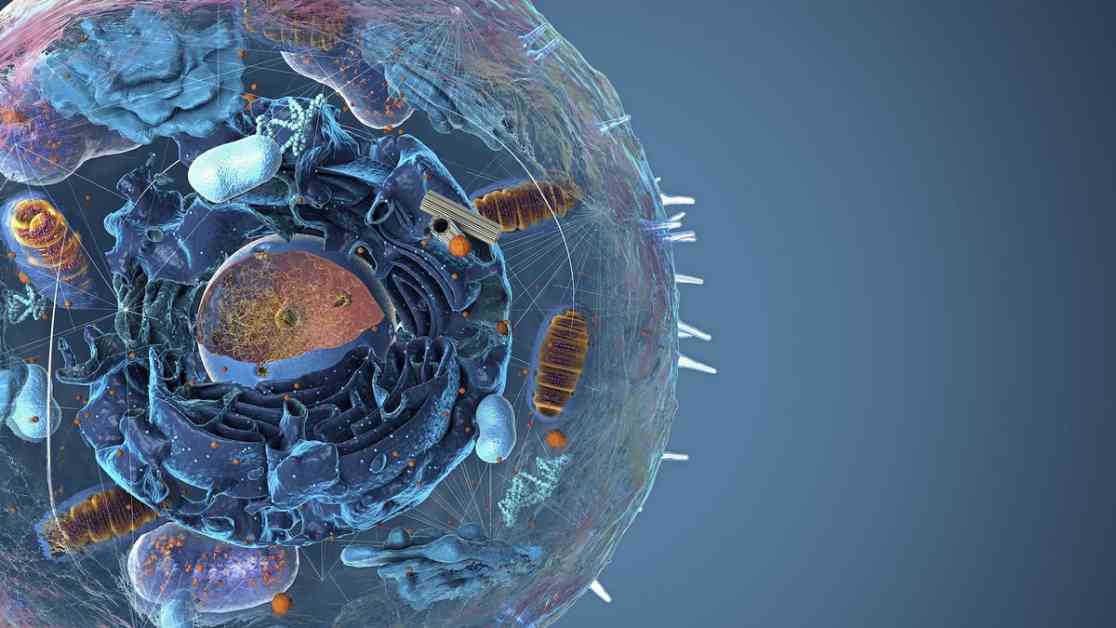Specialized compartments within cells, known as organelles, are crucial for carrying out specific functions. While membrane-bound organelles were traditionally believed to be the standard in cell organization, scientists have since discovered membraneless organelles called biomolecular condensates.
These condensates form when clusters of proteins and RNA molecules in a cell condense into gel-like droplets, creating a unique microenvironment within cells. While some biomolecular condensates have well-defined roles, many others have unclear functions, challenging scientists’ understanding of cell biology.
Researchers have identified around 30 types of membraneless biomolecular condensates, outnumbering traditional membrane-bound organelles. These condensates, which contain disordered proteins, are changing long-held beliefs about protein chemistry and function.
Surprisingly, biomolecular condensates have also been found in bacterial cells, challenging the traditional view that bacteria lack organelles. This discovery suggests that bacterial cells are more complex than previously thought.
Moreover, biomolecular condensates are reshaping scientists’ understanding of the origins of life on Earth. The discovery that RNA molecules can spontaneously form these condensates without the need for membranes or lipids opens up new possibilities for how life may have originated from nonliving chemicals.
In addition to their implications for the origin of life, biomolecular condensates hold promise for new medical treatments. Researchers are exploring ways to manipulate condensates for therapeutic purposes, potentially leading to new drugs for diseases like Alzheimer’s and Huntington’s.
As scientists continue to unravel the mysteries of biomolecular condensates, it is clear that these entities will play a significant role in shaping our understanding of biology. The potential for each condensate to be assigned a specific function in the future suggests that the field of cell biology will continue to evolve, providing endless opportunities for discovery and learning for future generations of biology students.
Overall, the discovery of membraneless organelles has opened up a new frontier in cell biology, challenging conventional wisdom and offering exciting possibilities for the future of research and medicine.










